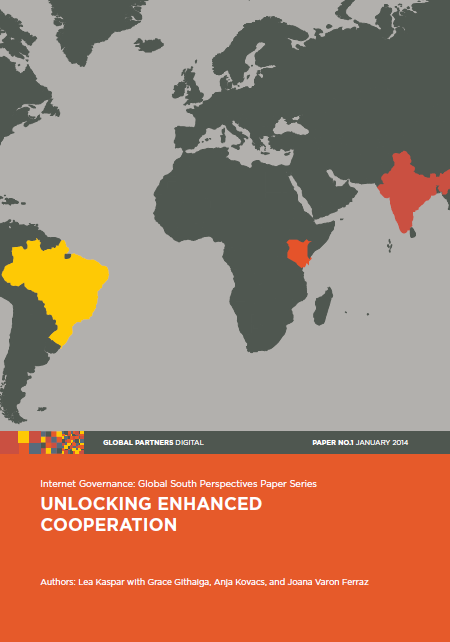Assessing the WSIS+10 High Level Event Outcome Documents: What has been achieved?
During the WSIS+10 High Level Event, the Internet Democracy Project was given the opportunity to deliver a policy statement in the meeting’s High-Level track. As an active participant in the preparatory process, the WSIS+10 Multistakeholder Preparatory Platform (MPP), we used this opportunity to critically reflect on the strengths and weaknesses of the outcome documents that were developed by the MPP and endorsed at the High-Level Event. These documents are the ‘WSIS+10 Statement on Implementation of WSIS Outcomes’ and the ‘WSIS+10 Vision for WSIS Beyond 2015’. Below is what we said. The statement can also be found on the official website of the WSIS+10 High Level Event. More
